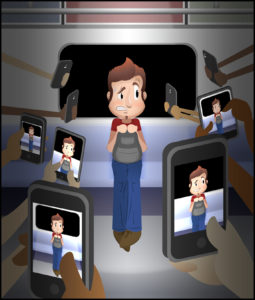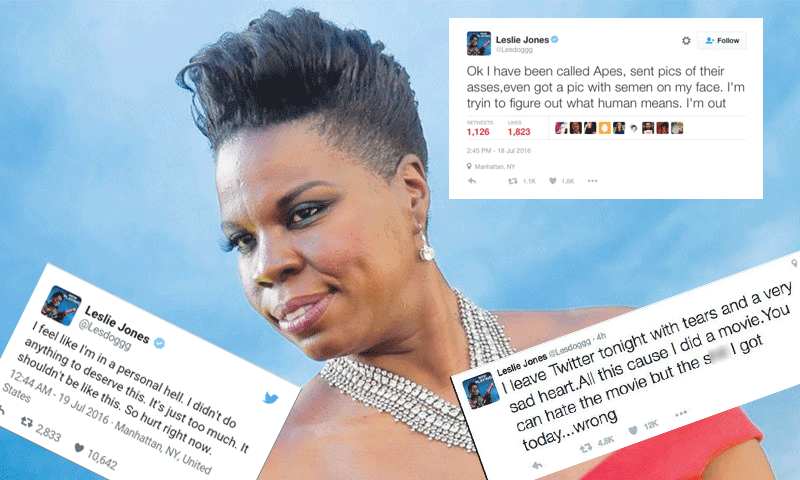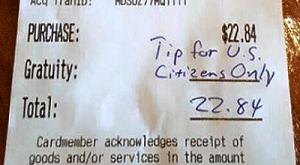Online “virtue shaming” is causing me some concern

In the late ’80s, before the Internet had become a household item, a girl in my high school who had a beef with me placed three concurrent ads on an electronic bulletin board. One put my car up for sale. One put my parents’ house up for sale. And one put my body up for sale, in that it positioned me as a prostitute. We fielded calls for all three ads for about a month before things slowed down.
It’s horrifying to imagine what she might have been capable of if she’d had Facebook, Twitter, Tumblr and more to work with.
We live in an age now where social media makes the impact of such petty teen rivalry and emotional cruelty exponentially more aggressive and destructive, easier to disseminate, escalate and sustain, and ultimately irreversible. Cyber-bullying, as we know all too well, has driven too many young women and men to harm or even kill themselves.
We all know that, at its best, social media has incredible potential for empowerment and altruism. As I write this, it’s being used to great effect to help the victims of national disasters like the recent flood in Louisiana and a series of tornadoes in Indiana. How to donate, where to go to volunteer, how to confirm the safety of a loved one.
At its worst, social media is a weapon. Wielded with malice, it can torment an individual or entire groups of people. Just ask Zoe Quinn or Leslie Jones, whose situation has since escalated to a computer hack that has made public her passport and driver’s license information, as well as nude photos.

The psychology of herd or mob mentality becomes more intense with the protective layers of indirect communication or anonymity and ego-stroking insta-validation (Likes, Shares, Retweets, Favoriting, etc.) that social media provides.
Even when intentions are good, a mistake can cause damage that’s almost impossible to undo. That was the case for Mark Hughes, whose picture circulated quickly after the police shootings in Dallas, but saw little to no attempt at retraction or setting the record straight when it was determined that he was not involved. Meanwhile the death threats against him remain very real.
The subject of troll targeting and abusive commenting has been discussed at length elsewhere. What gets less attention is a trend has taken a less obvious, but increasingly insidious direction in the form of virtual “justice” through online shaming.
[Get your Game of Shame app for Droid or iPhone.]
I’m not even talking about the superstars of shame: slut shaming, body shaming or child shaming. For lack of an official term, let’s call it virtue shaming.
Some extreme and memorable recent examples include Walter Palmer (the dentist who killed Cecil the Lion) and pretty much anyone in Stanford rapist Brock Turner’s corner, including his parents, Aaron Persky (the judge whose lenient ruling inspired attempts to get him removed from the bench and led to his requesting reassignment) and a high school friend (whose band lost work after a letter she wrote for the court in support of Turner’s character was made public).
A Facebook group dedicated solely to shaming Palmer has more than 15,000 members.
Don’t get me wrong, I’m against big game hunting and I believe wholeheartedly that there is an epidemic of privileged white boys dodging the punishment they deserve for the sexual crimes they’ve perpetrated against women. What interests me is the transition from meaningful, conscientious public reaction and outcry aimed at educating and improving us as a society into the vitriolic and vengeful hunger to destroy an individual’s life.
In the last week, three people I love and respect have shared Facebook posts that skip any attempt to rally the masses to fix systemic problems and jump right to shaming one specific person for being an example of said problems.
 One person, admittedly a quick-to-like and quick-to-share Facebook newbie recently posted that “Tip for U.S. Citizens Only” receipt that made the rounds about a year ago. A picture of a receipt is benign enough (though in the original image, the guy’s name and last four credit card digits are visible and traceable). His heart was in the right place, as most people’s are when they imagine that someone might actually have done this thing to an undeserving waitress. This person, however, took it a step further in his comments when he suggested (again, not realizing the timing) that the restaurant owner get the patron’s image from their security cameras and post it so the world can put a face to the behavior.
One person, admittedly a quick-to-like and quick-to-share Facebook newbie recently posted that “Tip for U.S. Citizens Only” receipt that made the rounds about a year ago. A picture of a receipt is benign enough (though in the original image, the guy’s name and last four credit card digits are visible and traceable). His heart was in the right place, as most people’s are when they imagine that someone might actually have done this thing to an undeserving waitress. This person, however, took it a step further in his comments when he suggested (again, not realizing the timing) that the restaurant owner get the patron’s image from their security cameras and post it so the world can put a face to the behavior.
Then a friend posted a picture on Facebook of a dude on the subway — earbuds in, reading a newspaper, oblivious to the fact that he was about to be put on social blast for being a litterbug. According to my friend, he dumped his breakfast garbage on the floor and stuffed parts of the New York Post between the seats. She personally witnessed this behavior, but I fail to see the benefit of sharing his photo socially. If shame is something he’s even capable of, it seems to me that an obnoxiously loud “Sir, I believe you’ve accidentally dropped your garbage and inadvertently wedged your newspaper” might inspire him to action. Probably not, but at least there’d be the satisfaction of knowing she’s been heard.
Another friend recently shared a photo of a young guy with the caption “Took a picture up my skirt on the #MTA #MTrain Please circulate widely.” My friend doesn’t know the person who originally posted it, only that it appeared in his newsfeed.
My friend is a good person, with a good head on his shoulders. When I asked him why he shared it, he said it was “because people like that guy in the photo have been getting away with this kind of repugnant behavior for so long that it’s becoming dangerous to oppose it, for women and their male allies… If she took that photo and THAT’S the expression on his face, she’s telling the truth and he needs to be pilloried.”
The guy does, in fact, look like a deer in headlights, and I can easily imagine that the woman who posted the picture caught him doing this creepy thing then called him out on it while she took his picture and informed him that she was gonna show the world what a perv looks like. I don’t doubt that it happened, but I also don’t know that it did.
And therein lies my hesitation and trepidation about Liking or Sharing or otherwise supporting this growing tendency to stand up for doing the right thing by virtue shaming strangers online. It might be true… but what if it’s not?
Using social media as a forum for posting the equivalent of WANTED posters, especially when there’s little to no context or attempt to address a problem bigger, is dangerous. As long as lives can be destroyed electronically, we should act frugally and responsibly and apply a healthy skepticism to these posts when they pop up in our newsfeeds.


Leave a comment